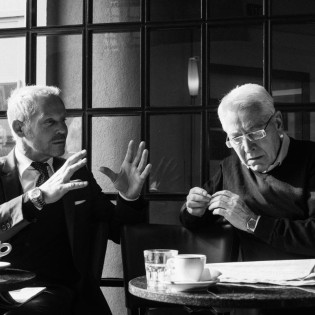Miscellany 2: pesky English pronunciations

The chaos of words
Continuing our exploration of the origins and variety of language.
There is a poem that begins thus:
Dearest creature in Creation,
Studying English pronunciation,
I will teach you in my verse
Sounds like corpse, corps, horse and worse.
In case the message isn’t yet clear, the title might help. It’s called The Chaos and features words whose spellings are irregular.
Although The Chaos was ostensibly designed as a tool to teach English pronunciation, its final lines tell another story:
Finally: which rhymes with enough,
Though, through, bough, cough, hough, sough, tough??
Hiccough has the sound of sup...
My advice is: GIVE IT UP!
According to a popular claim, if you can pronounce all 587 words in the poem correctly, you can best 90 per cent of native English speakers.
But how did the English-speaking world get here?
First, we can blame the Romans, whose alphabet Anglo Saxon scribes kept when they switched from writing in Latin to writing in English. This is where some of the dissonance between the phonemes (sounds) of English and its graphemes (the symbols used to represent sounds) comes from.
Next up are the Normans, whose invasion in 1066 threw a wrench into the already messy linguistic landscape of the British Isles. Well, really, it was the self-styled reformers who came in the conquerers’ wake who complicated things with their attempts to “fix” English after it had regained its place as the language of official and literary texts.
These improvement attempts involved manoeuvres like borrowing the nearest French word rather than reverting to the still perfectly functional Old English counterpart. For instance, it was in this way that “art” took the place of “craft”, while the latter was relegated to a more niche – and less highfalutin – definition.
The final contestants in the blame game are the Belgians. It was a merchant working in Belgium who brought the printing press to England in the 15th century, along with a team of Belgian printers who, lacking official rulebooks, often used Flemish-style spellings.
Worse still, English was undergoing massive changes in pronunciation at the time that the printing press was introduced – including something called the Great Vowel Shift, which is, incidentally, still under way.
All these various factors conspired to make English the weird and wonderful language it is today, easy enough to learn but incredibly difficult to master. We can’t give it up.





